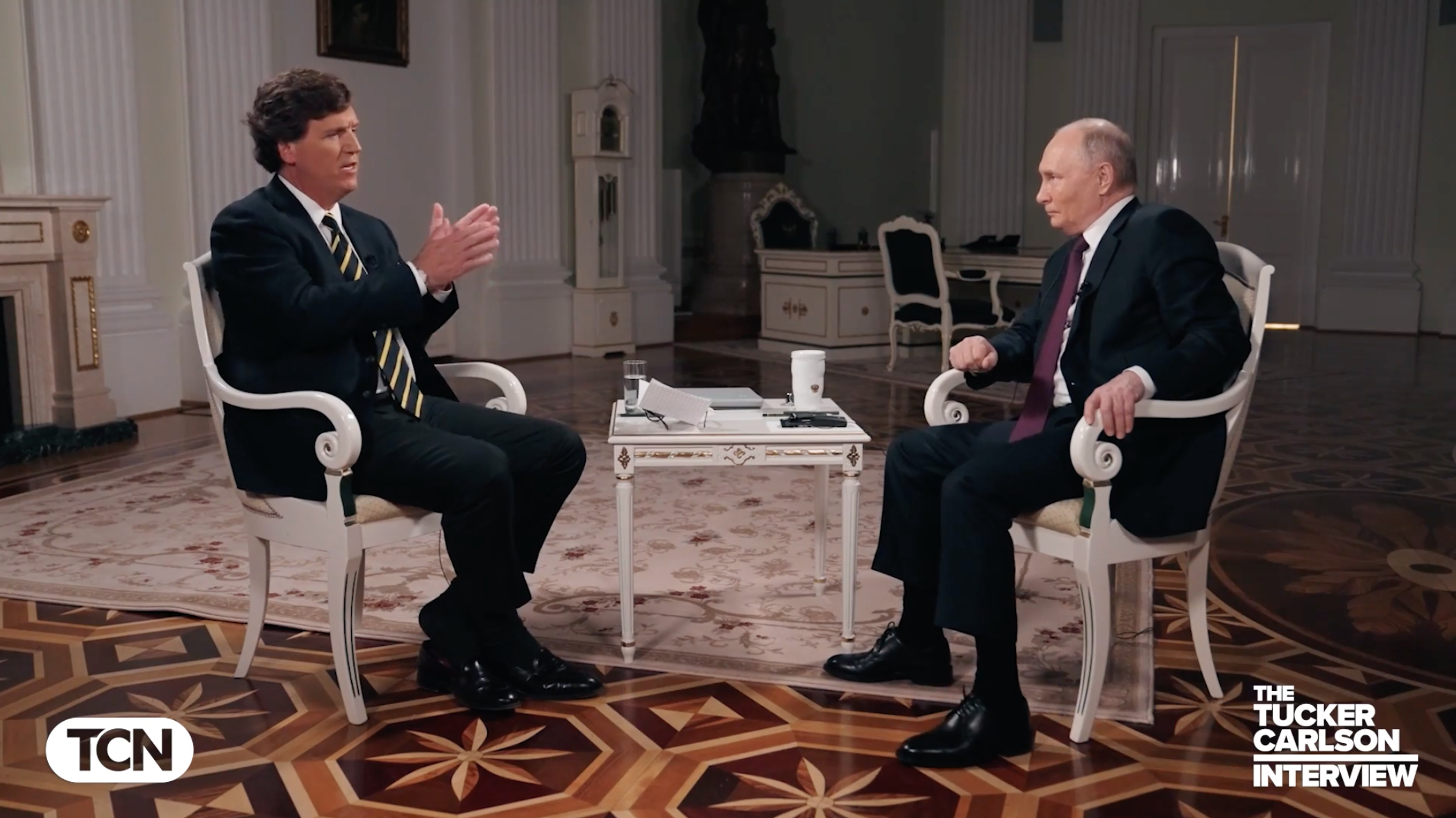As we approach the two-year mark of Russia’s invasion of Ukraine, the political landscape has shifted dramatically. Two years ago, Tucker Carlson was a prominent figure on Fox News, US support for Ukraine was unwavering, and Russian President Vladimir Putin was on the brink of global isolation. Elon Musk was preparing to assist Ukraine with his Starlink satellite internet system, and former President Donald Trump was navigating his political comeback.
Recent Developments
This week has seen a number of significant developments:
Carlson’s Interview with Putin
During the interview, Putin managed to manipulate the narrative, with Carlson offering little resistance. Instead of challenging Putin on credible accusations of war crimes and the imprisonment of opposition leader Alexei Navalny, Carlson allowed Putin to present his version of history, regardless of its accuracy.
Despite the free platform from Carlson, Putin continues to face isolation in the West. The International Criminal Court has issued an arrest warrant for Putin regarding an alleged scheme to abduct Ukrainian children to Russia. Calls for Putin to face a war crimes inquiry for Russia’s assault on the Ukrainian city of Mariupol, which resulted in thousands of deaths, have also increased.
Changes in Ukraine
Meanwhile, significant changes are taking place in Ukraine. President Volodymyr Zelensky has replaced his top military commander, Gen. Valerii Zaluzhnyi, following the failure of Ukraine’s counteroffensive and as Ukraine faces a renewed Russian onslaught, manpower and ammunition shortages, and stalled US aid.
The Future of US Aid to Ukraine
The Pentagon has essentially depleted the funds Congress allocated for Ukraine over the past two years. It’s unclear when more might be on the way, particularly after the proposal to tie US border policy to Ukraine funding met its end this week.
In the Senate, there is support for Ukraine aid. A bipartisan group of senators on Thursday cleared a 60-vote threshold to move toward a $95 billion aid bill for Ukraine and Israel. However, the House presents a more formidable obstacle to additional Ukraine funding. Republican Speaker Mike Johnson has not ruled out the idea of approving a Ukraine bill, but he has not endorsed it either. Johnson, along with other Republicans, has demanded more transparency and accountability for how the money is spent.

